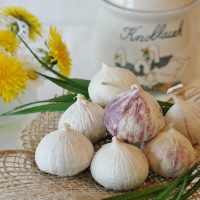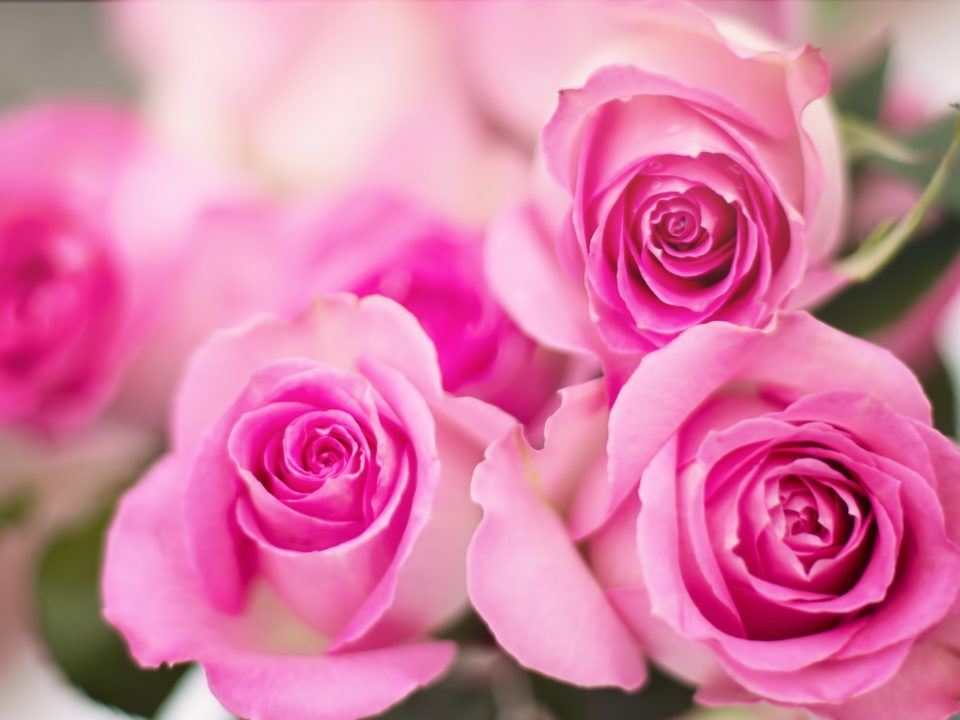plants and pests

Vegetable garden
May 31, 2019
Plants & digestion
June 21, 201910 plants that will remove the pests from your garden
If there is anything that a garden owner would like to get rid of is the annoying mosquitoes, the annoying flies, the whips that harm the vegetables he grows and all the other pests that disturb our peace while enjoying our garden and destroying our plants. If it’s not enough, it bothers them even more to get us into the house, but just as there are plants that can clean the home air you breathe, you should also know the 10 plants that can protect you and your garden from pests, some of which can also be used as spices And for the preparation of useful and healthy tea infusions. We have collected all the information you need to know to successfully grow these plants and enjoy their natural ability to remove pests and add a wonderful color flowering to the garden.
- basil (basil)
Basil oil has the ability to eliminate the mosquito eggs, so it is highly recommended for planting in case they flood your garden, or even indoors. The reihan itself is sensitive to the anus, and therefore it is recommended to place a different plant next to it from this list that can protect it from them. It requires a full sun and it is recommended to plant it in early spring at 5 cm intervals, its leaves can be used for cooking, and you can even make a great pesto sauce. - Teggets
This plant is used by many farmers in removing pests. It helps in the removal of mosquitoes and leaf buds, and is therefore highly recommended for growing the garden. All tuggets require full sun and heat, and it is recommended to plant it during the spring at 25 cm intervals between planting and planting, and you will be happy to find that this plant also attracts butterflies, so that your garden will enjoy a wonderful addition if they fly around. - Petunia
This beautiful flower is used to reject beetles, leaf aphids and leafy leaves. He also pulls the beetroot leaves, which are planted with tomatoes and eggplants. The petunia needs a full or partial sun and requires irrigation once a week. It is recommended to plant a number of petunias at a distance of 25 cm from each other and plant them during spring. - Lavender (Lavender)
The same odor that helps prevent insomnia also helps to repel mosquitoes, moths and flies. You can place a bouquet of lavender flowers indoors or plant the plant in a box on the windowsill or in the garden. It requires a full sun, but tends to wither in heavy heat. It is recommended to plant it during the spring, and you can also use it to relieve depression and mental trauma, treatment of sleep disorders and headaches and muscles. Press - Rosemary Medical
In addition to being mosquito repellent, the medicinal rosemary plant has the ability to protect your garden plants against all types of aphids. The medicinal Rosemary seedlings can be planted all year round at 50 cm intervals, require full sun and almost no water, and can also be used in the medicinal rosemary plant to help improve memory, treat headaches and stomach and prevent hair loss. If you have high blood pressure or are pregnant, you should avoid it. - Mint
Besides the fact that it can be used in cooking and making tasty and beneficial tea for digestion processes, the mint can remove from the plants in your garden any harmful chewed leaves. However, it is recommended to plant the mint in the plant and not in the soil, because the plant tends to spread quickly and climb the plants attached to it. The mint plant requires full sun, but it can also be planted in places that receive partial sun. If you chose to plant mint seedlings in the soil, make sure they are free from salts and planted them at intervals of 50 cm - Cat nappies (catnip)
Cat nipple is part of the mint family, and it helps in the removal of pests thanks to the organic compound called naphthalactone. The same compound may also trigger “sexual” reactions in cats, which are attracted to this plant, which fortunately does not harm them. You can also drink brew from the plant that causes the body to secrete oil for the ketone, which helps us keep away mosquitoes. The plant requires a partially full sun - Chrysanthemum
Chrysanthemum contains pyrethrin compounds, which are toxic to insects, and are used in commercial farming to control mosquitoes, cockroaches, beetles, ticks, and a silver tassel. The chrysanthemum is recommended to plant under a full or partial sun, in the garden or on the terrace. It requires little watering, and tea can be prepared to treat colds, sore throat, and head and flu. Beyond all these advantages, the simple color and appearance of the chrysanthemum make it a welcome addition in every garden and yard. - Garlic
This category also includes all types of onions. The flowers that grow will be able to protect your garden from slugs, flies and worms, but you should know they are pulling moths. The plant is quite domineering when it comes to bloom in June-July, and it tends to disperse quite a few seeds, so it is recommended to grow it in a plant under a full sun. It’s best to plant it in December-January, and you can even do it with a garlic head that’s already in your house. Teeth his teeth without breaking them and plant them in the ground at intervals of 15 cm from each other.Note that this plant can be toxic to dogs and cats. - Lemongrass (Lemongrass / Lemon Grass)
Lemon grass can be found in citronella oil, which gives it the scent of citrus and helps in the removal of mosquitoes and other flying insects, so it is recommended to plant it near the house. The lemon grass needs full sun and irrigation, and can be planted all year round. It has a fast growth rate and can reach a height of 2 meters. You can use the leaves of the plant to make a wonderful tea infusion or to give flavor to your dishes






